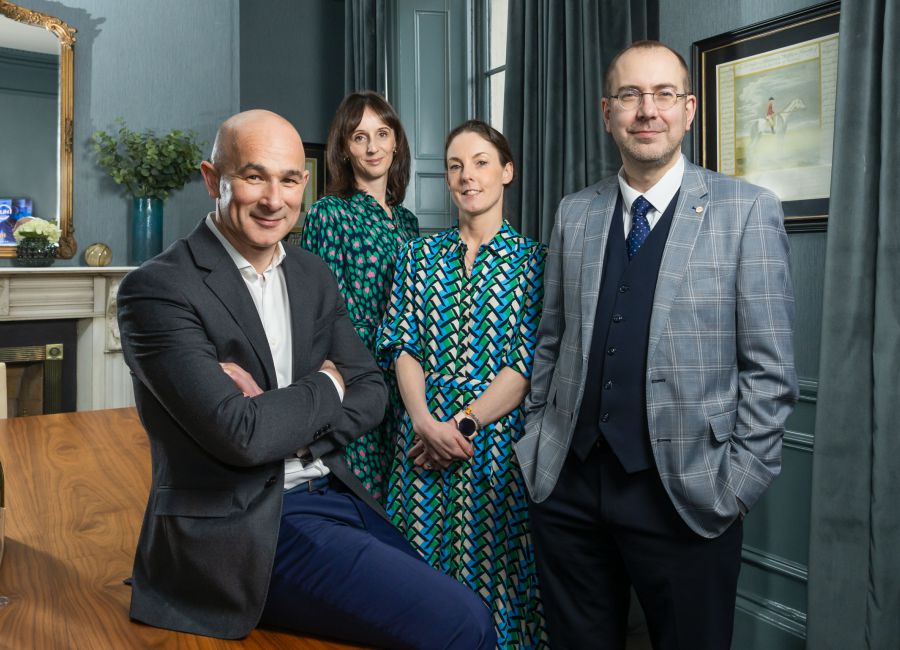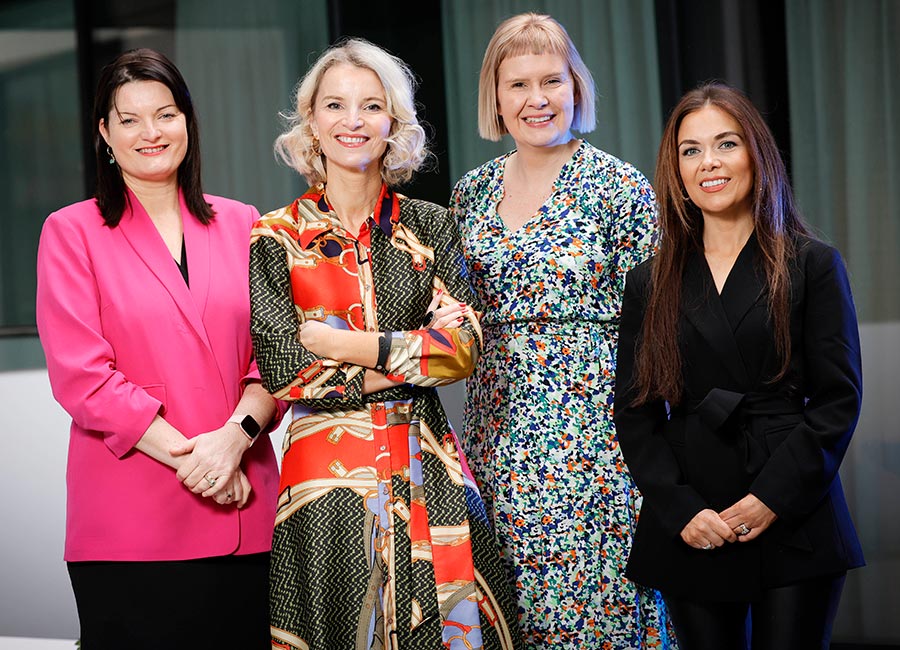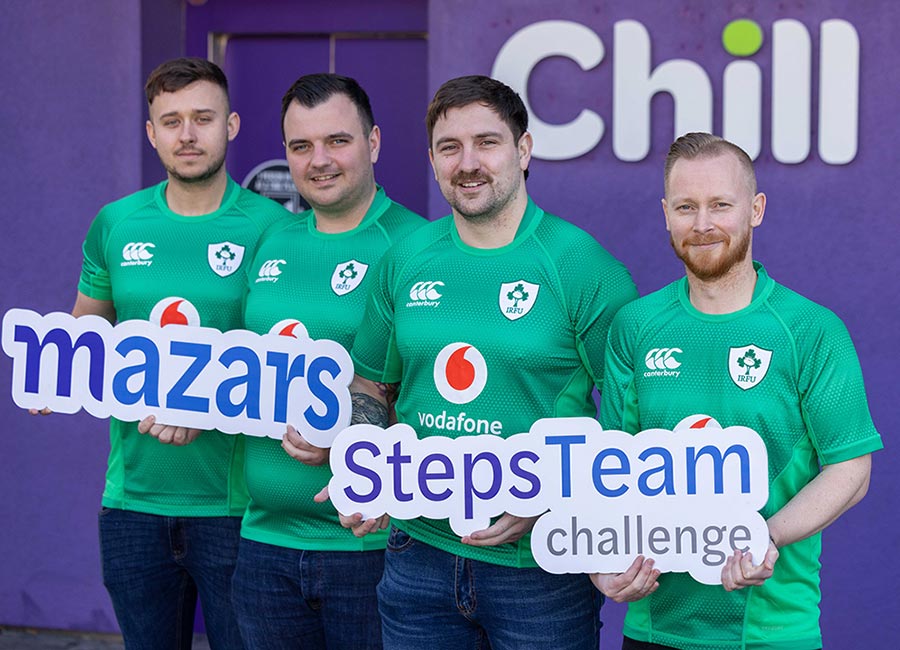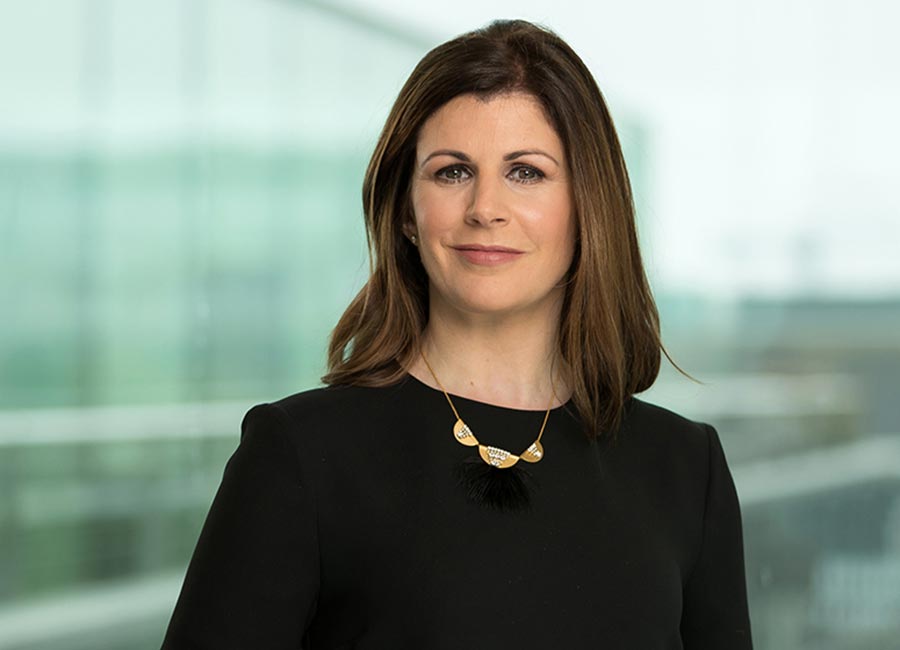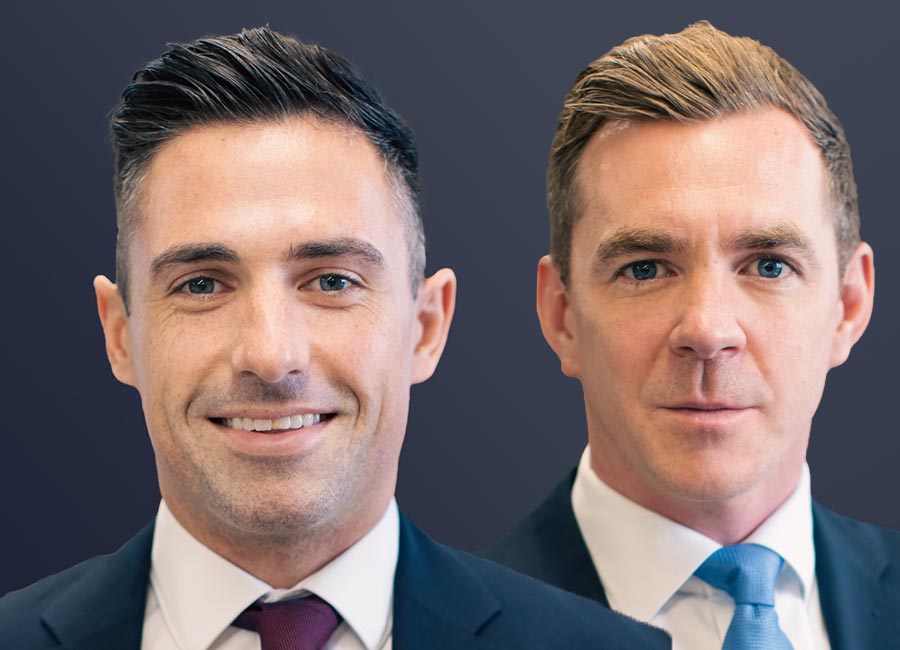In the crowded Irish insurance sector, bigger players are growing their businesses by acquisition, writes Kyle Barry of Renatus Capital Partners
The Irish insurance broker market has undergone a wave of consolidation in recent years as national and international players have been using acquisitions as a way to grow their businesses and drive market share. In the last five years, almost 50 insurance brokerage deals have taken place in Ireland.
Private equity firms have had a key part to play in this consolidation trend, with many of the most active insurance brokers being private equity-backed.
Organic growth can be expensive in a densely populated sector like the broker market. Growth-by-acquisition can therefore look relatively inexpensive when there is access to cheap capital. This dynamic as well as a number of other factors have been driving transaction activity in this space, including:
• Fragmented Market: Brokers Ireland, the industry representative body, has over 1,200 members and it estimates that insurance brokers account for around 340 of these members.
• Scale Benefits: Commission rates with underwriters, to a large degree, will be contingent on the level of business that a broker is placing with the underwriter. Scale allows larger brokers to offer more competitive rates to customers while retaining target margins.
• Product Offering Synergies: Mergers between brokers that have complementary business service lines can particularly help the smaller and regional brokers to capture a greater ‘wallet-share’ by enabling them to offer a more complete product/service suite.
• Revenue Quality: Insurance brokerages typically have a resilient, high-quality revenue base coming from a sticky, diverse customer set. This is especially important for operators executing a roll-up strategy that will use leverage to part-fund acquisitions.
• Asset-light Business Model: There are no significant capital expenditure or working capital investment requirements to grow an insurance brokerage.
Private-equity backed local backers and international players are the most active acquirers in the Irish market.
Employee productivity, business mix (personal lines, commercial lines, benefits/health, life, etc. ), book of business (industry, size of accounts, concentration, policy types, etc. ), access and quality of markets, quality of staff, nature of client relationships, retention rates, and growth rates are all variables that any prospective buyer of an insurance brokerage will look at as part of buyer diligence.
In Ireland, Arachas has been one of the most active acquirers. Originally formed in 2003 through a merger between Cork-based broker Tyrrell Coakley and two Dublin brokers, Hodgins Percival and Slattery Jermyn, Arachas has been on an acquisition spree ever since Sovereign Capital backed an MBO of the company in 2017.
Post-MBO, Arachas then went on to acquire Capital Cover Group, Kidd Insurances, CoverCentre Insurance and Murray & Spelman.
Arachas itself was then sold in 2020 for an estimated €250m to Ardonagh Group, a UK peer backed by HPS Investment Partners and Madison Dearborn Partners. It’s estimated that the transaction was based on a multiple of 14.5 times EBITDA.
Arachas has since continued to execute its growth-by-acquisition playbook by acquiring MCM Insurance Brokers, O’Driscoll O’Neil and Hooper Dolan in recent times.

Another private equity-backed player in the space is Innovu Group which is backed by MML.
Innovu acquired Sheridan Insurances in February 2019 which then went on to acquire Wexford Insurance (December 2019), Goggin Insurance Brokers (July 2021), Cullen Insurances (September 2021), and P.E. Kelly Insurances (October 2021).
Following the P.E. Kelly acquisition, it is estimated that the Innovu Group generated a gross written premium of around €67m in 2021.
Innovu CEO Ronan Foley stated a long-term plan to grow the business to €250m to €300m of premiums, with acquisitions likely to continue being a key driver to achieve this.
In June 2022, Innovu was acquired by American broker Gallagher.

Aston Lark, a UK broker, entered the Irish market through its acquisition of Robertson Low in January 2019. Aston Lark was backed by Bowmark Capital and had already completed dozens of bolt-on acquisitions in the UK and other markets.
In 2019, Goldman Sachs acquired Aston Lark from Bowmark and it went on to complete a number of additional acquisitions in Ireland, including Wright Group (Dec 2019), North County Brokers (March 2021), O'Loughlin Insurance Group (April 2021), McMahon Galvin (June 2021), Principal Insurance (July 2021), Brassington Insurance (Aug 2021), Abbey Murphy Insurance (September 2021), Marine & General Insurances (February 2022) and most recently J.F Dunne Insurances (May 2022).
Goldman Sachs exited its investment in Aston Lark through a sale to international broking group Howden for a reported €1.3bn in October 2021.

Melior Equity Partners is one of the more recent private equity entrants in the space. In August 2021, Melior made a strategic investment in BHP Insurance, an independent brokerage that specialises in the not-for-profit sector. BHP's acquisition of Keegan Meredith & Williams Insurances in Dublin was supported by Melior's investment.
Another recent entrant to the market is NFP, an international broker headquartered in the US. Led by Matt Pawley, managing director in Europe, NFP entered the Irish market in April 2020 through its acquisition HMP Insurance & Pension Advisors.
This acquisition was quickly followed by the acquisitions of Aiken Insurance, ReSure Corporate Brokers and most recently Simon Shirley Advisors.
The outlook for the future level of transaction activity is mixed. Certain participants expect activity to slow on the back of rising purchase prices and capital becoming more expensive.
Conor Brennan, chief executive of Arachas, has said that brokers are now being sold at between 8x - 10x EBITDA compared to between c.5x - 6x a couple of years ago. This is likely a result of increased competition for these assets.
Meanwhile, the industry still remains fragmented, and there are a number of broker-owners nearing retirement age who will still be seeking succession and liquidity solutions in the years ahead.




